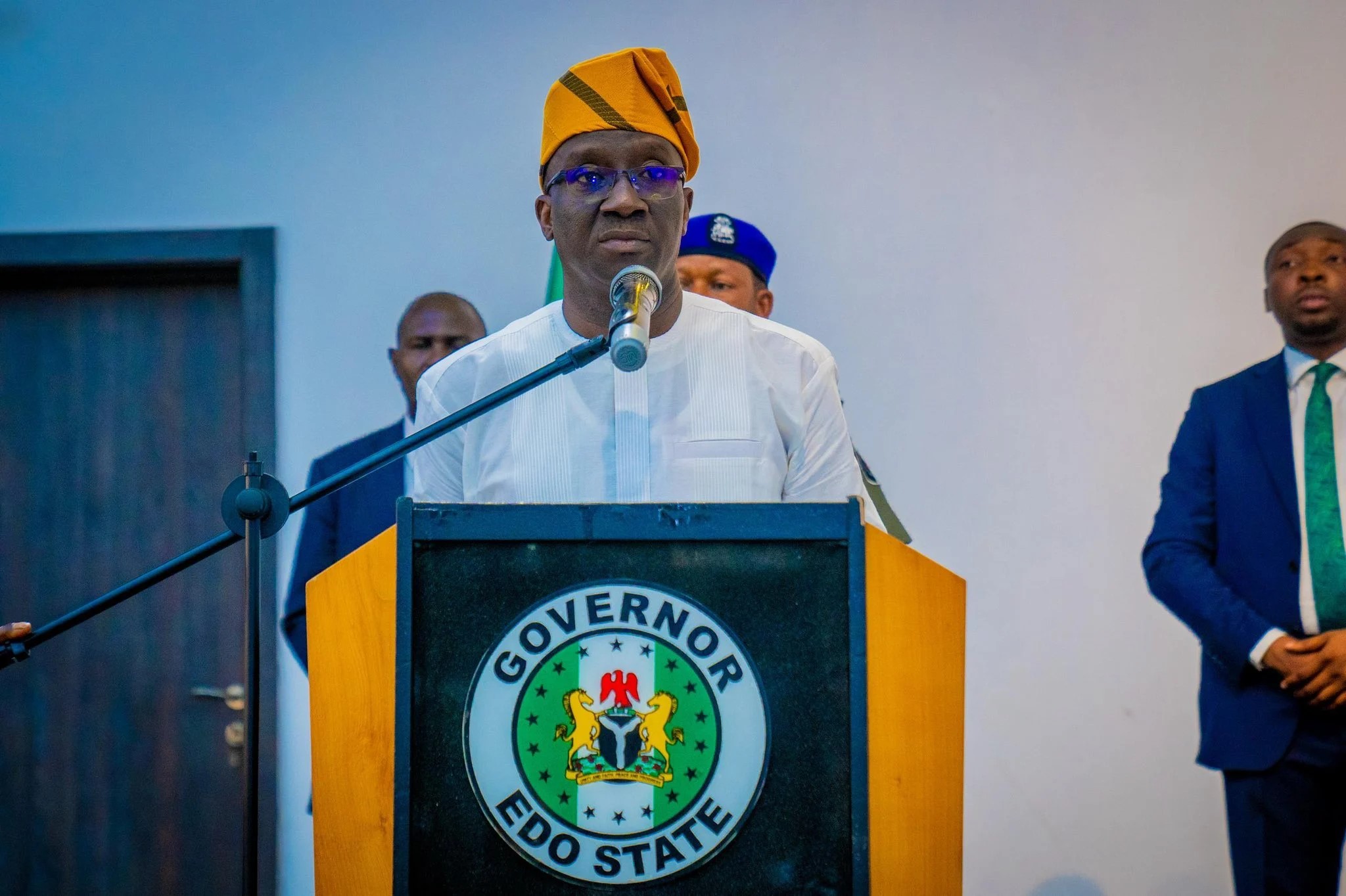
Young jobless man of African ethnicity hiding his face behind piece of cardboard saying that he needs a job while standing in isolation
The Federal Government, in collaboration with Mastercard Foundation and Jobberman, has pledged to tackle unemployment among marginalised Nigerians by leveraging digital technologies.
This commitment was reaffirmed at a roundtable in Abuja on Thursday, themed “Technology and Employment Inclusion in Marginalised Contexts.” The event, organised under the Mastercard Foundation’s Young Nigeria Works programme in partnership with Jobberman, gathered stakeholders to explore how technology can bridge the employment gap for disadvantaged groups, including Persons With Disabilities (PWDs), displaced persons, and underserved women.
Participants identified structural, cultural, and technological barriers hindering access to the digital labour market for these groups.
Mr. Mohammed Isa, Senior Special Assistant to the President on Special Needs and Equal Opportunities, said PWDs continue to face systemic exclusion, while displaced persons lack digital access, and women remain underrepresented in tech-enabled roles.
“I have always advocated for a minimum 5% employment quota for Persons With Disabilities in public institutions. We must now urgently amend the National Disability Act to extend this quota to the private sector,” Isa stated.
Ms. Hilda Kabushenga, CEO of The African Talent Company (TATC), noted that research indicates up to 65% of women in marginalised communities could access job opportunities via WhatsApp. She said Jobberman has adapted its training to WhatsApp, offering low-data, user-friendly courses through voice, text, and graphics.
“When designing technology for marginalised populations, we must prioritise accessibility — in data usage, audibility, and ease of use,” she stressed.
Kabushenga also urged both public and private sectors to incentivise inclusive hiring of PWDs and displaced persons, emphasising that inclusive hiring is a shared responsibility.
Mrs. Rosy Fynn, Country Director of Mastercard Foundation Nigeria, reiterated the foundation’s commitment to enabling 30 million young Africans, particularly women, to access meaningful employment by 2030.
“Inclusion must not be peripheral. Marginalised groups should not merely be considered; they must be central to system design,” she asserted.
Also speaking, Mrs. Temi Dalley, Group Executive, Human Capital and Corporate Services at Sterling Financial Holdings, called for increased investment in digital infrastructure and policies to improve inclusion. She stressed that a stronger economy and currency would make smartphones more affordable, thus expanding digital access.
Dalley urged private businesses to embed inclusion across recruitment, technology design, and supply chains, while non-profits and educational institutions train people in digital skills.
Jobberman’s Country Head of Programmes, Mr. Olamide Adeyeye, highlighted the use of WhatsApp to connect employers with job seekers in remote and marginalised areas, thus overcoming geographical and infrastructural limitations.












